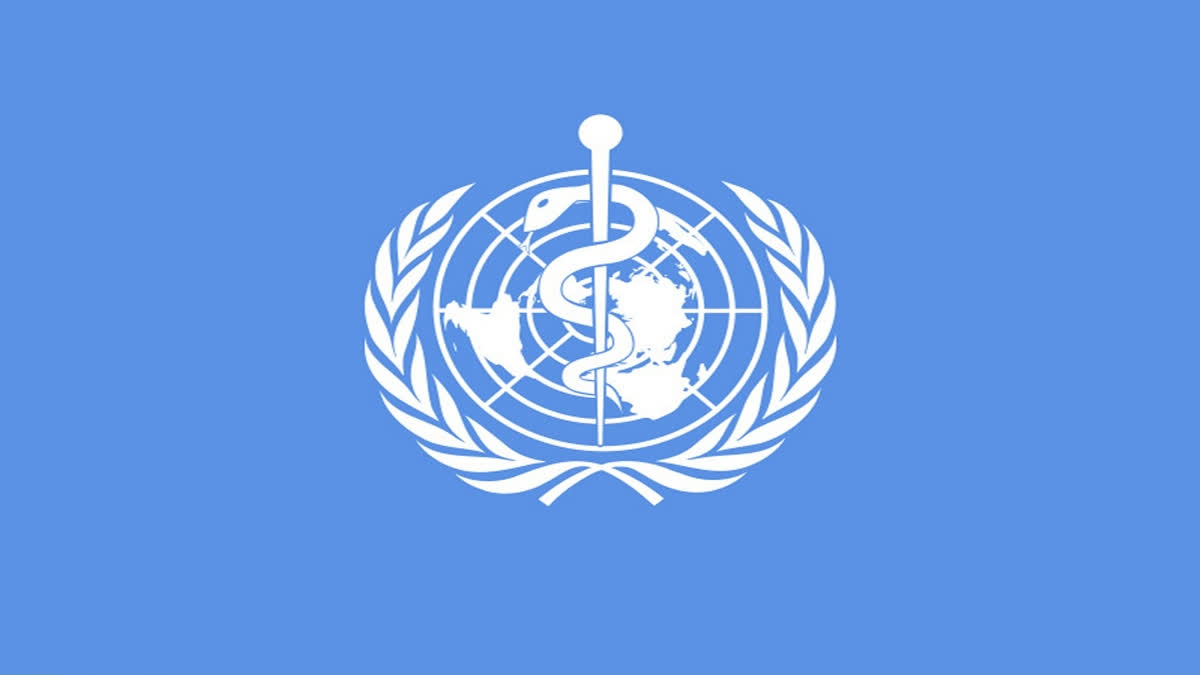New Delhi: The World Health Organization (WHO) on Monday announced the launching of a new project aiming to accelerate the development and accessibility of human avian influenza (H5N1) messenger RNA (mRNA) vaccine candidates for manufacturers in low-and middle-income countries.
The Argentinian manufacturer Sinergium Biotech will lead this effort leveraging the World Health Organization (WHO) and the Medicines Patent Pool (MPP) mRNA Technology Transfer Programme. The mRNA Technology Transfer Programme, jointly developed by WHO and MPP, was launched in July 2021 with the aim of building capacity in low and middle-income countries (LMICs) for the development and production of mRNA-based vaccines.
Sinergium Biotech, a partner in the mRNA Technology Transfer Programme, has developed candidate H5N1 vaccines and aims to establish proof-of-concept in preclinical models.
"Once the preclinical data package is concluded, the technology, materials, and expertise will be shared with other manufacturing partners, aiding the acceleration of the development of H5N1 vaccine candidates, and bolstering pandemic preparedness efforts," the WHO said.
This initiative exemplifies why WHO established the mRNA Technology Transfer Programme – to foster greater research, development and production in low and middle-income countries, so that when the next pandemic arrives, the world will be better prepared to mount a more effective and more equitable response, said Dr Tedros Adhanom Ghebreyesus, WHO Director-General.
"When we created the mRNA Technology Transfer Programme with WHO, our goal was to enable low and middle-income countries to lead development efforts, foster collaboration, share resources, and disseminate knowledge," said Charles Gore, executive director of MPP.
Avian influenza viruses are a significant public health risk due to their widespread circulation in animals and the potential to cause a future pandemic.
"This development supplements ongoing work under the pandemic influenza preparedness framework to improve and strengthen the sharing of influenza viruses with human pandemic potential and increasing LMIC access to vaccines," the global health watchdog said.



